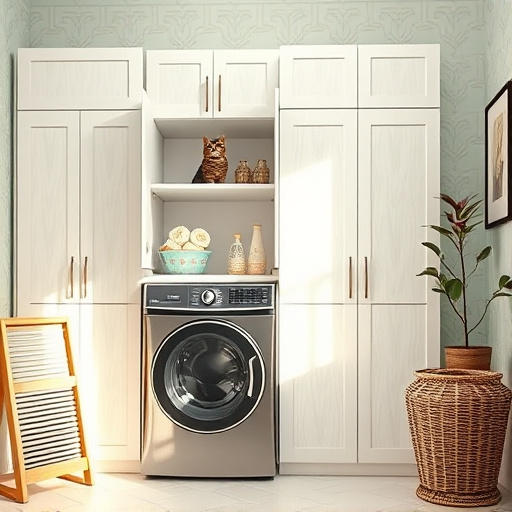
Top Heat-Resistant Countertops for Kitchens | Durable Options
What Are the Myths Surrounding Heat-resistant Countertops for Kitchens?
Many homeowners enter the world of kitchen renovations with high hopes and lofty expectations about heat-resistant countertops. The marketing materials often promise resilience against hot pots, pans, and even accidental contact with flames. But beneath these glossy promises lies a more sobering reality—these surfaces are not invincible, and relying solely on their heat resistance can lead to costly mistakes. It’s easy to get swept up in the hype, yet few are prepared for the true challenges that come with these materials.
Why Do People Believe That Heat-resistant Countertops for Kitchens Are Foolproof?
The industry propaganda emphasizes the durability of materials like granite, quartz, and certain engineered surfaces. Manufacturers tout their products as the ultimate safeguard against heat damage. Admittedly, some materials can withstand higher temperatures than traditional laminate or wood, but the truth is, this resilience often comes with caveats. Over time, repeated heat exposure can degrade the surface, cause discoloration, or crack the material. Believing in their invincibility is a false comfort that can lead to serious disappointment and hidden expenses down the line.
Are Heat-resistant Countertops Truly Safe Under Intensive Daily Use?
Many homeowners assume that if a countertop is labeled "heat-resistant," it will handle their daily kitchen routine without any issues. However, what qualifies as "resistant" varies widely among brands and materials. Even durable quartz surfaces can become compromised through extreme or sudden temperature changes. For example, placing a hot skillet directly from the stove onto a countertop without a trivet can result in discoloration, warping, or surface damage. Such occurrences are often not covered by warranties, leaving homeowners to cover the repairs themselves.
What Are the Hidden Costs of Installing Heat-resistant Countertops for Kitchens?
People often underestimate the longevity of their investments in kitchen surfaces. While the initial installation cost might be appealing, unforeseen problems can quickly accumulate. Cracks, chips, discoloration, and the need for replacements are not uncommon with even the most touted heat-resistant materials. Additionally, repair or replacement of a damaged countertop can be more costly and disruptive than anticipated. This reality underscores the importance of investing in a more comprehensive solution that prioritizes durability, aesthetics, and safety all at once.
How Do Material Limitations Affect the Overall Reliability of Heat-resistant Countertops?
Each material marketed as heat-resistant has its limits. Granite, for instance, is naturally heat-resistant but can crack or stain under certain conditions. Quartz surfaces, while engineered for strength and tolerance, are susceptible to damage from heat and UV exposure. Porcelain and certain laminated materials may claim resistance but often falter under daily kitchen demands. In fact, what looks like an impervious surface can, in reality, be more fragile than it appears—especially if users are unaware of the specific limitations of their chosen material. Relying solely on the 'heat-proof' label can create a false sense of security that leads to avoidable problems.
What Are the Practical Alternatives to Heat-resistant Countertops for Kitchens?
Considering the harsh truths, homeowners might wonder whether there are alternative options that minimize risk without necessitating constant vigilance. Solid surface materials with additional protective barriers, or carefully chosen ceramic tiles, often perform better under real-world conditions. Equally important is adopting safe practices in the kitchen—such as always using trivets and hot pads and avoiding direct contact with hot cookware. Innovations in materials are ongoing, but informed decisions require understanding that no surface is genuinely foolproof.
Is It Worth the Risk to Rely on Heat-resistant Countertops for Kitchens?
While the allure of a low-maintenance, durable surface is compelling, the truth is that the convenience offered by heat-resistant countertops is often overstated. The potential for damage, the expense of repairs, and the effort required to maintain their appearance can outweigh their benefits over time. If you value your investment and want a kitchen that remains functional and attractive in the long-term, it might be more prudent to explore other solutions or enhance your existing surfaces with professional refinishing services. For instance, learning how to upgrade kitchen cabinet doors can complement your efforts toward a durable and visually appealing kitchen.
What Are the Best Practices for Maintaining Your Kitchen Countertops, Regardless of Material?
No matter what material you choose, proper maintenance extends the lifespan of your countertops. Avoid placing hot items directly on surfaces; instead, always use heat-resistant trivets or pads. Regular sealing, especially for natural stones like granite, can prevent staining and damage. Cleaning with non-abrasive agents and avoiding harsh chemicals also protects the surface integrity. If damage does occur, consider professional services to restore the appearance rather than risking further harm through DIY repairs. To explore more about renewing cabinet or countertop surfaces, visit where to get cabinet refinishing in Celina, Texas.
Are There Any Long-term Benefits to Installing Quality Countertops Beyond Heat Resistance?
Certainly. Investing in high-quality, properly installed countertops can elevate the entire kitchen aesthetic, increase property value, and reduce ongoing maintenance costs. While the initial expense may seem significant, durable surfaces that withstand everyday wear and tear without frequent repairs are ultimately more economical. Moreover, integrating complementary upgrades, such as refinished cabinets or modern backsplash installations, can create a cohesive and timeless look—something to consider before rushing into a purchase based solely on heat resistance.
What Should Homeowners Know Before Making a Final Decision on Heat-resistant Countertops for Kitchens?
First, understand that every material has its limitations. No countertop is entirely immune to damage, and "heat-resistant" is often a relative term rather than an absolute guarantee. Second, evaluate your cooking habits and daily routines—are you prepared to practice safe hot pad usage or change your habits? Third, consult with professionals experienced in kitchen renovations, like those at Hollywood Cabinet Refinishing, who can advise on materials and installation techniques that maximize durability and aesthetics. For example, exploring options for professional cabinet refacing can help craft a complete, resilient kitchen environment.
Eco-conscious homeowners may worry about the environmental impact of engineered surfaces. Luckily, there are sustainable materials offering decent heat resistance without compromising safety or aesthetic appeal. Bamboo-based surfaces, recycled glass, and responsibly sourced stone options are worth exploring. However, regardless of material choice, adopting safety practices such as using heat mats and trivets remains essential. This proactive approach helps mitigate the risks associated with even the most touted surfaces.
Protection starts with understanding the specific limitations of your chosen surface. Always use trivets, hot pads, and avoid placing hot cookware directly from the stove or oven onto the countertop. Regular cleaning and sealing (if applicable) extend the lifespan. For unavoidable damages, seek professional refinishing rather than attempting DIY fixes that may cause further harm. To enhance your overall kitchen durability, consider comprehensive upgrades such as replacing cabinet doors or updating backsplashes—details that function together to create a cohesive, long-lasting kitchen environment. Learn more about
While DIY projects may seem tempting, they often fall short when it comes to complex tasks like installing or refinishing durable kitchen countertops. Improper installation can void warranties, lead to uneven surfaces, or cause long-term damage. Professional services, especially those from reputable companies like Hollywood Cabinet Refinishing, bring expertise, precision, and assurance that your investment is protected. Proper installation and maintenance play crucial roles in ensuring that your countertops serve you well over the years, reducing the need for frequent replacements or repairs.
The market is continuously evolving, with new materials and treatment technologies emerging. However, most trends emphasize increasing durability, eco-friendliness, and ease of maintenance. Yet, skepticism remains wise—many innovations are unproven over the long term. Staying informed and cautious, along with consulting industry experts, helps homeowners avoid falling for overly optimistic claims. A balanced approach—focusing on proven materials and professional installation—is the best way to ensure your kitchen withstands the tests of time and daily use.
In Conclusion: The Reality Check Before You Commit
Choosing heat-resistant countertops for kitchens might seem like a straightforward decision—until you realize the harsh truths. These surfaces, though marketed as resilient, come with limitations that can lead to unforeseen expenses and frustration. Instead of falling prey to marketing hype, homeowners should prioritize informed, cautious decisions. Investing in professional refinishing, embracing safe kitchen habits, and exploring complementary upgrades ensures your kitchen remains inviting, functional, and long-lasting. Remember—what seems like a simple choice can have complex repercussions, so thoroughly weigh your options before making a commitment.

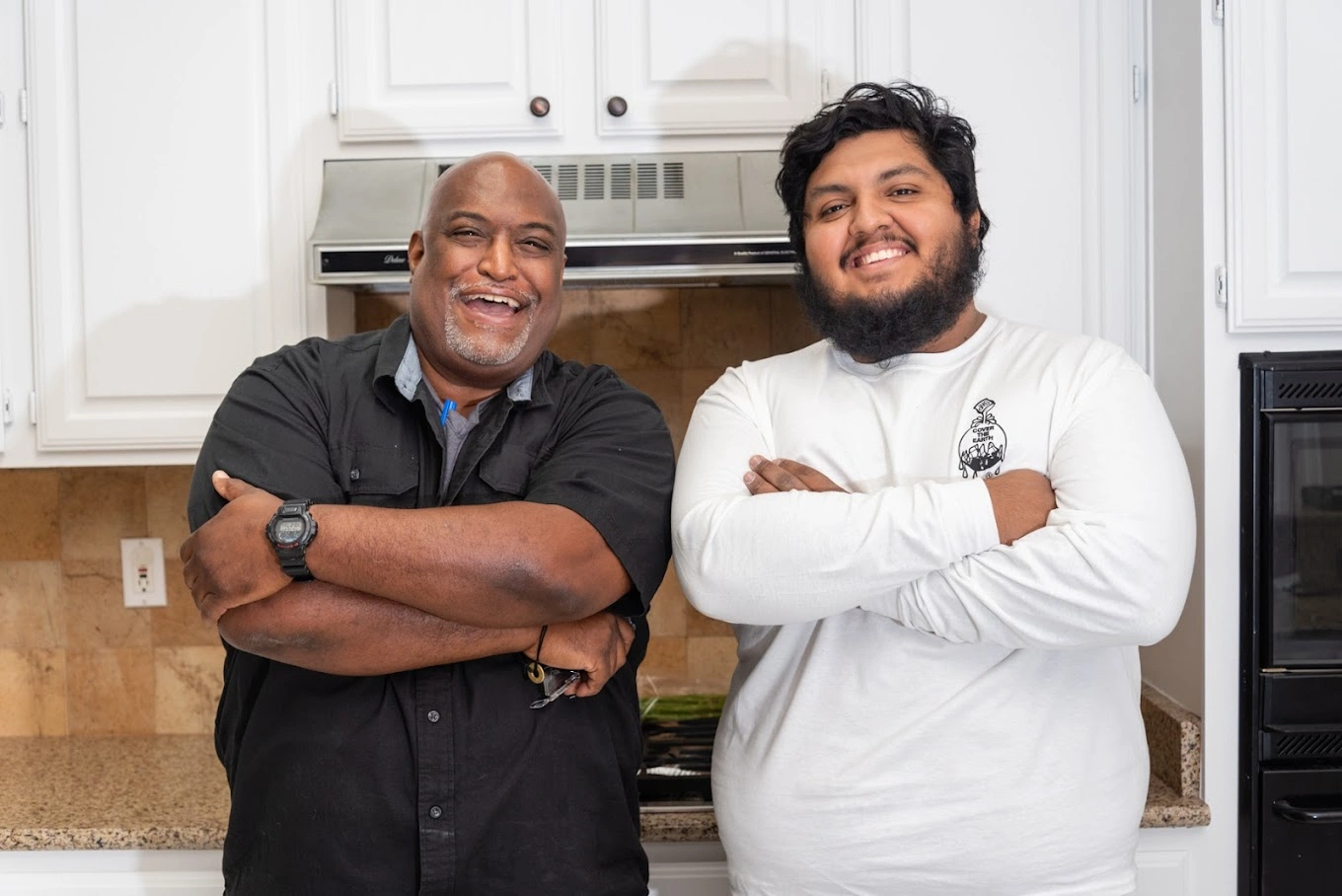
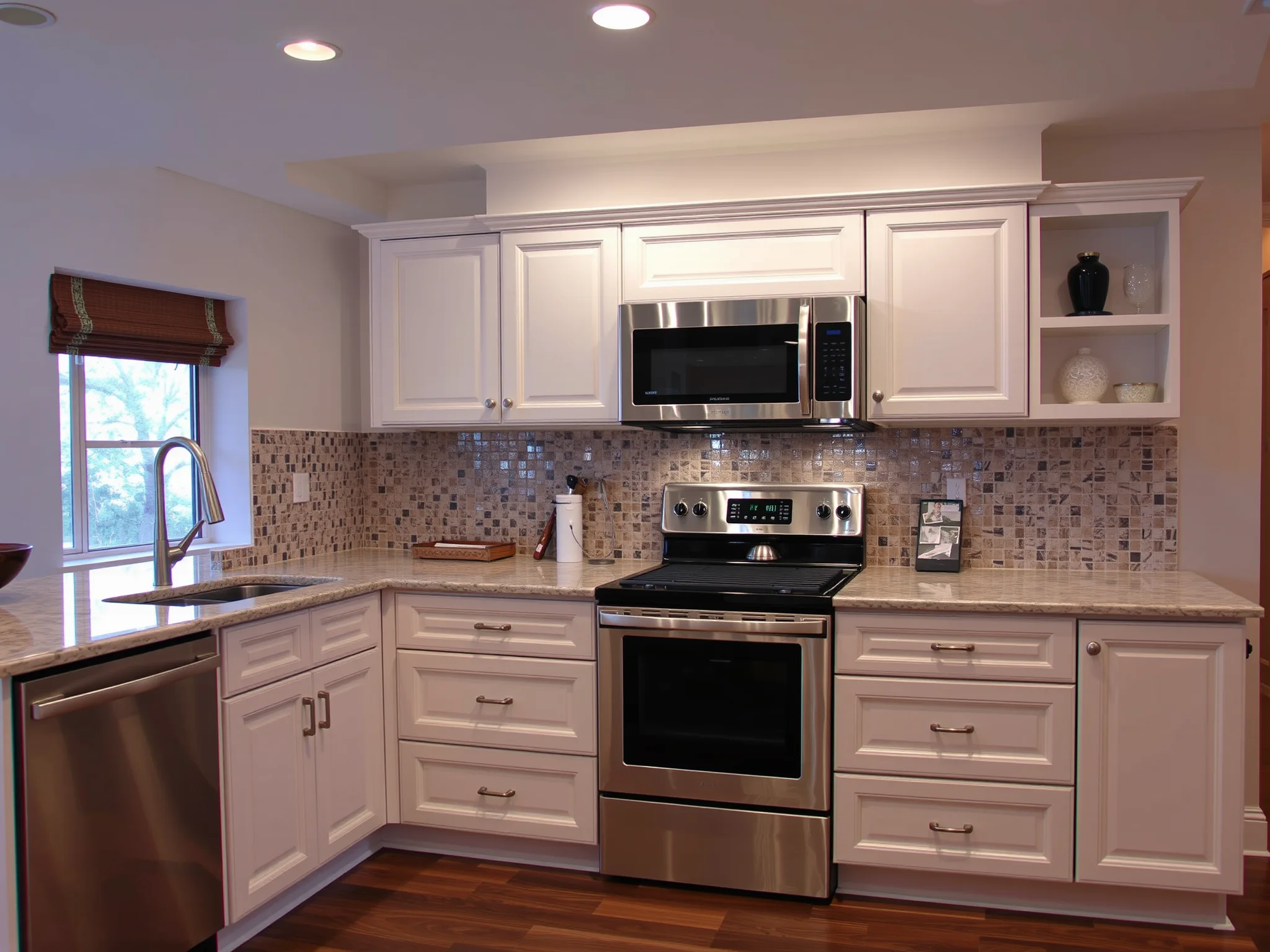
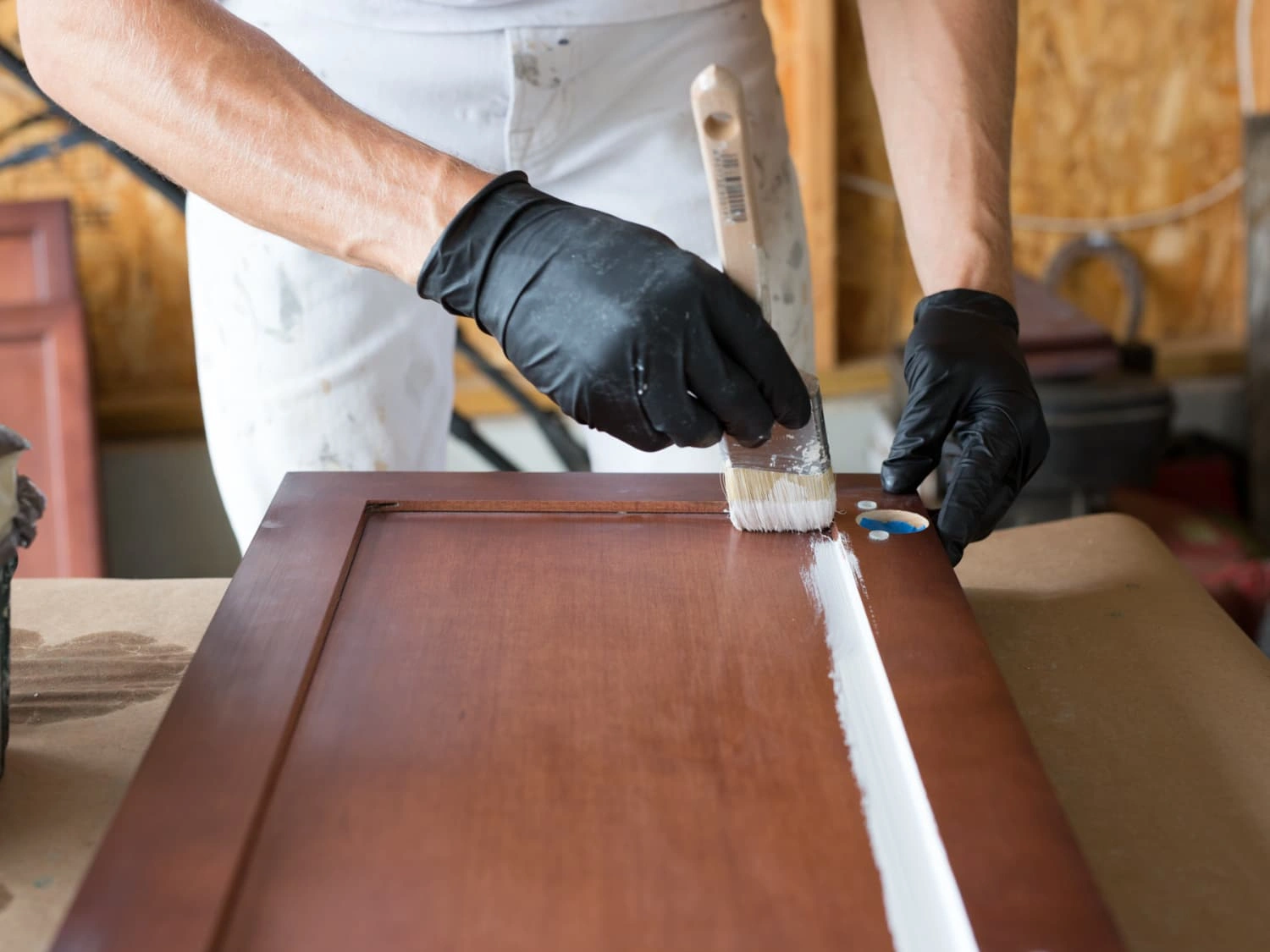
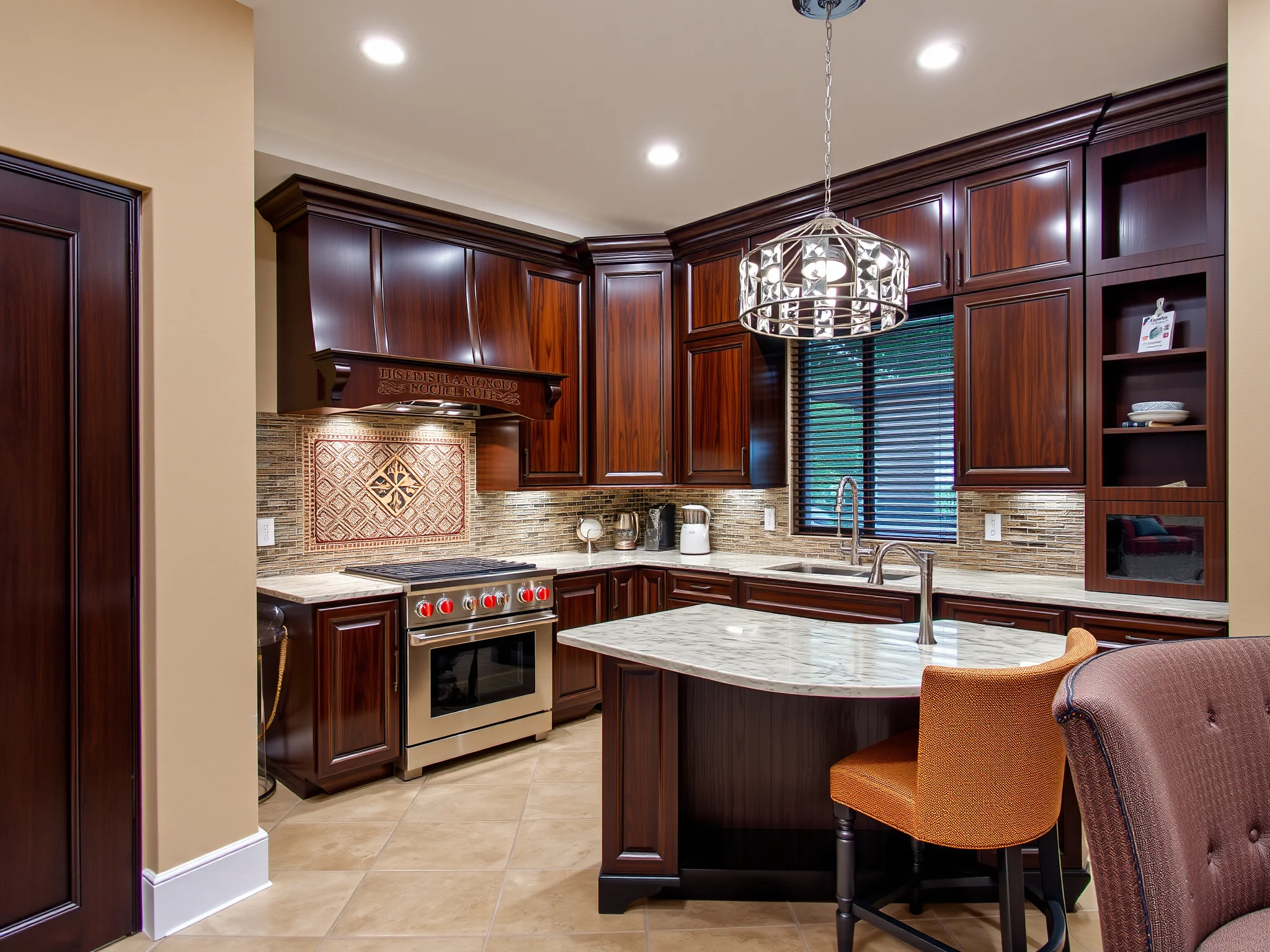
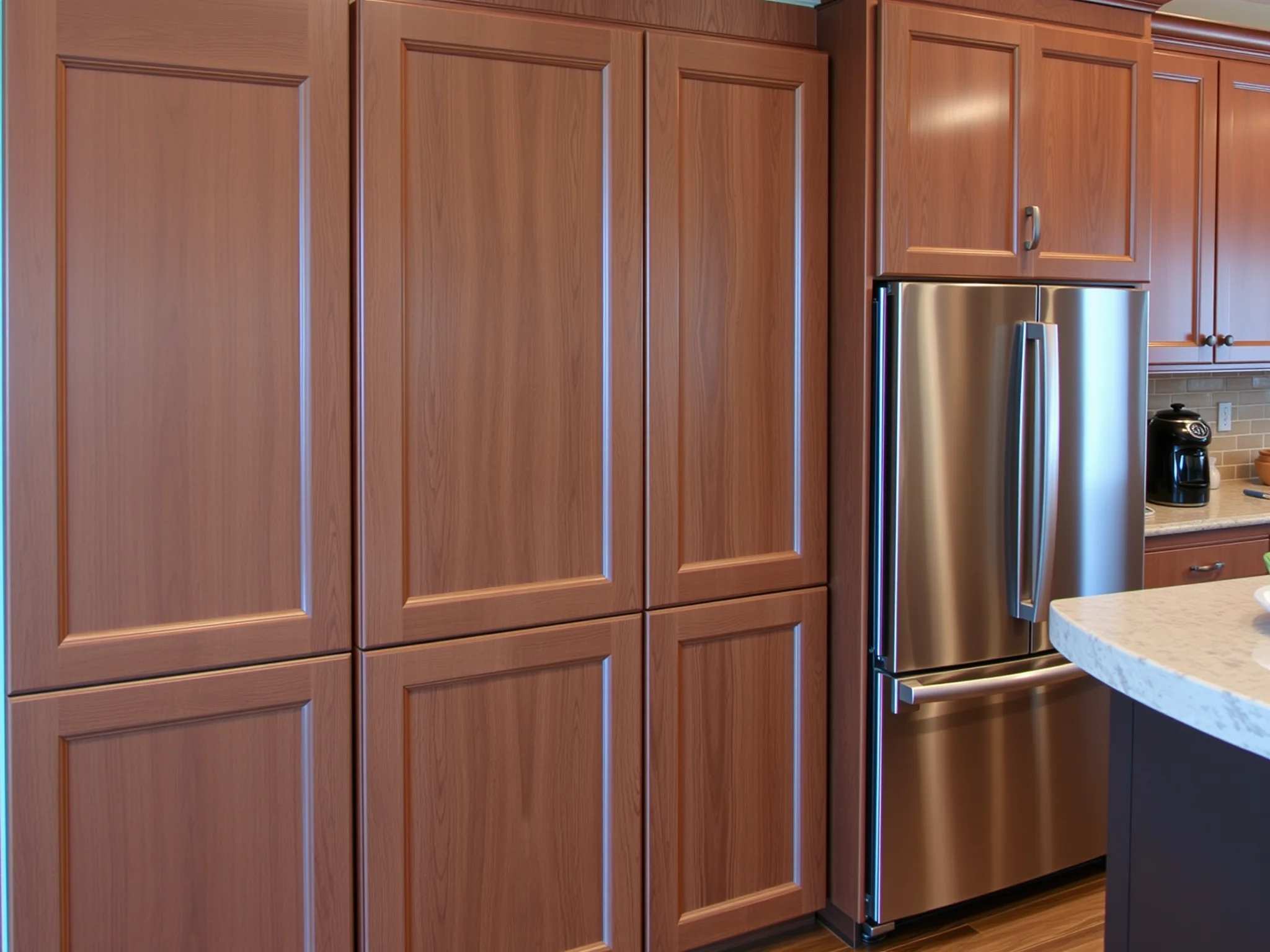
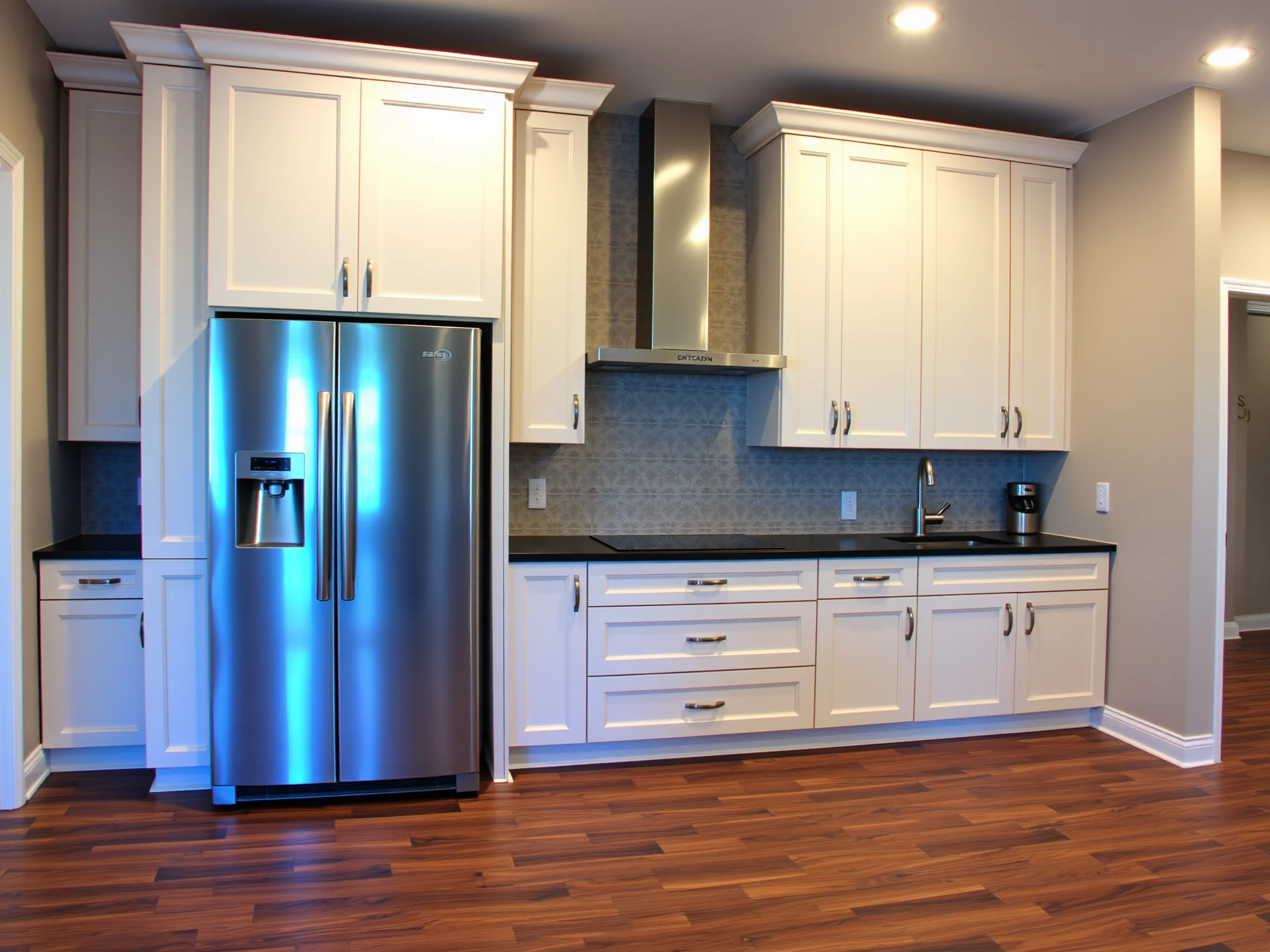
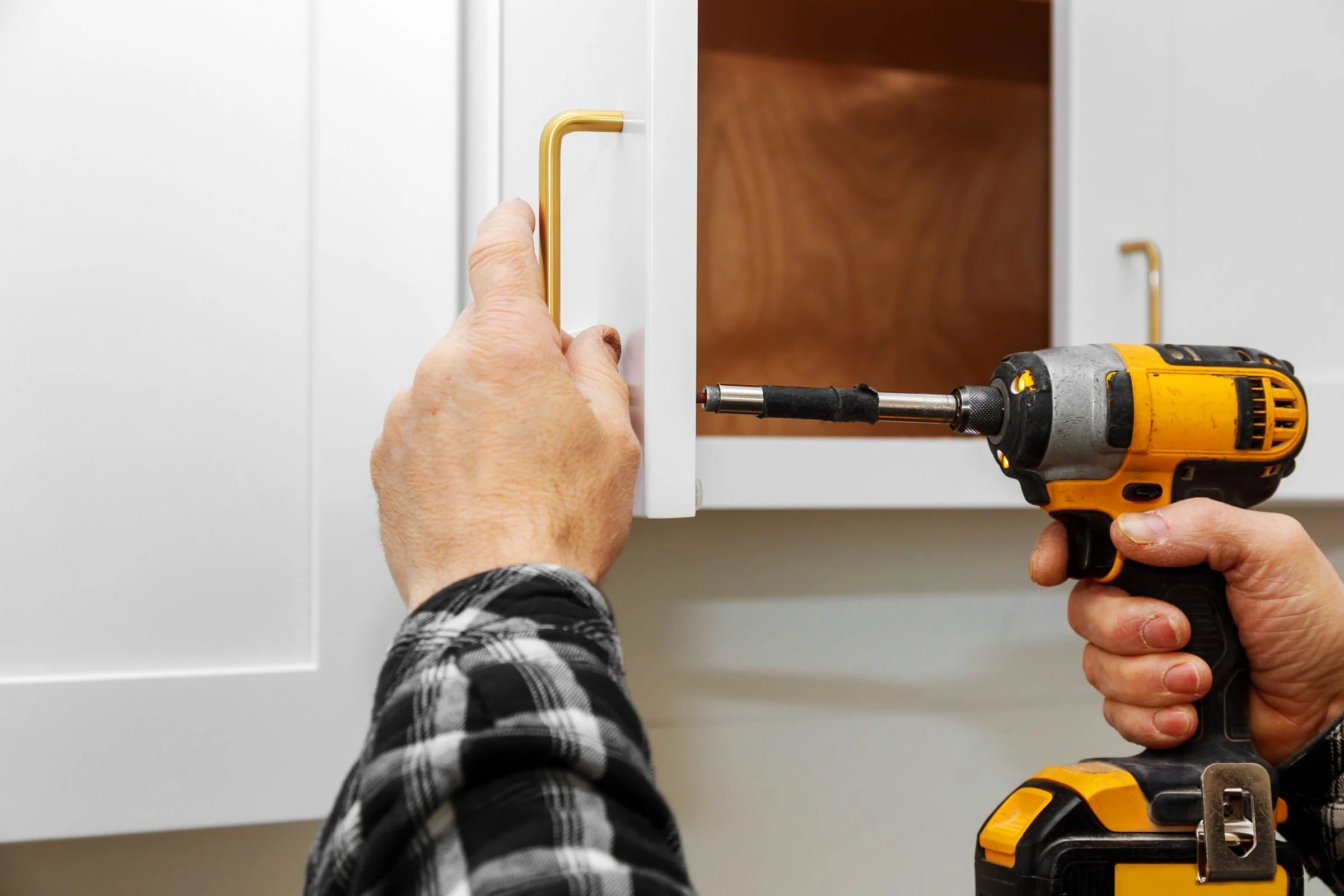
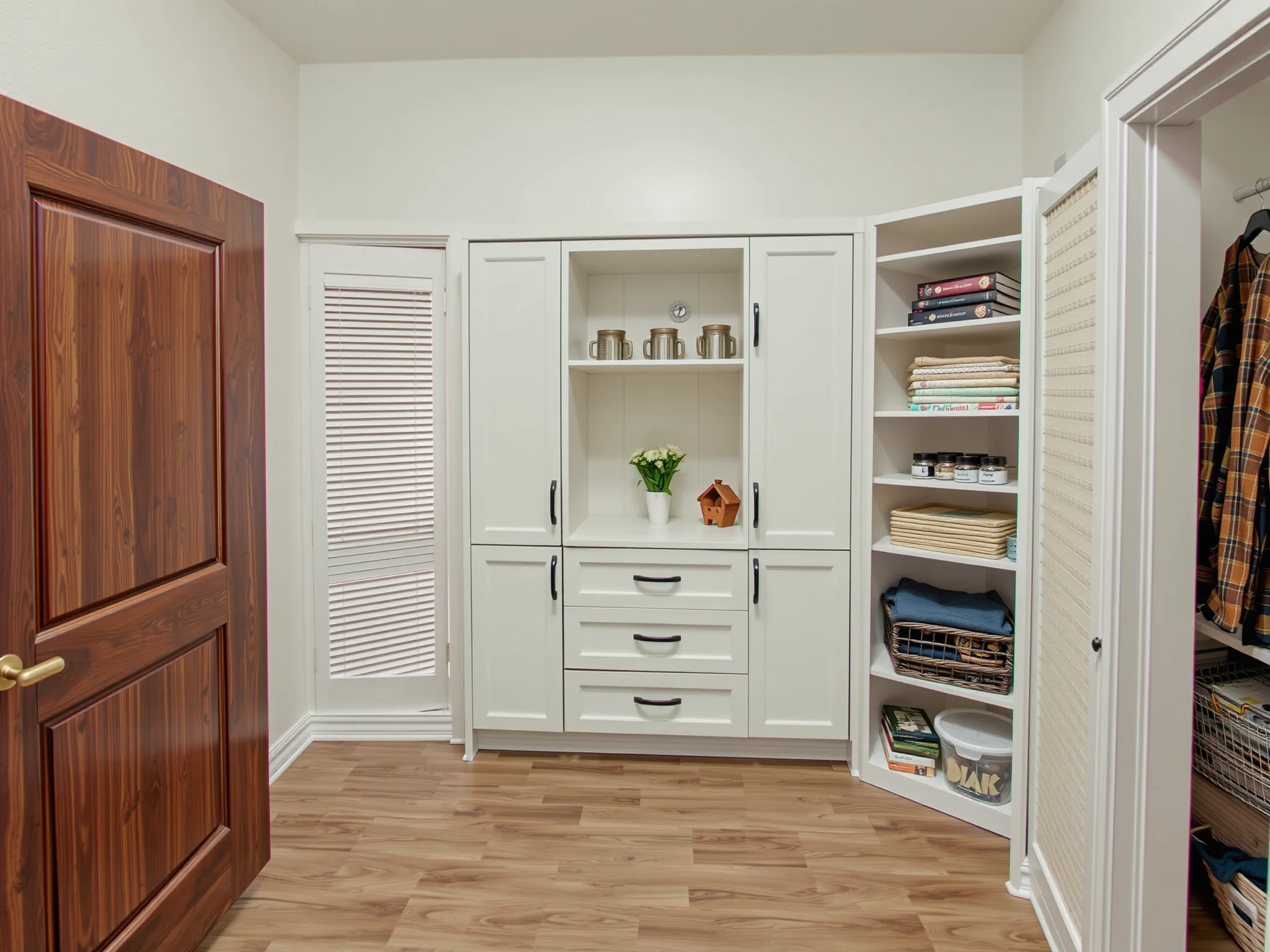
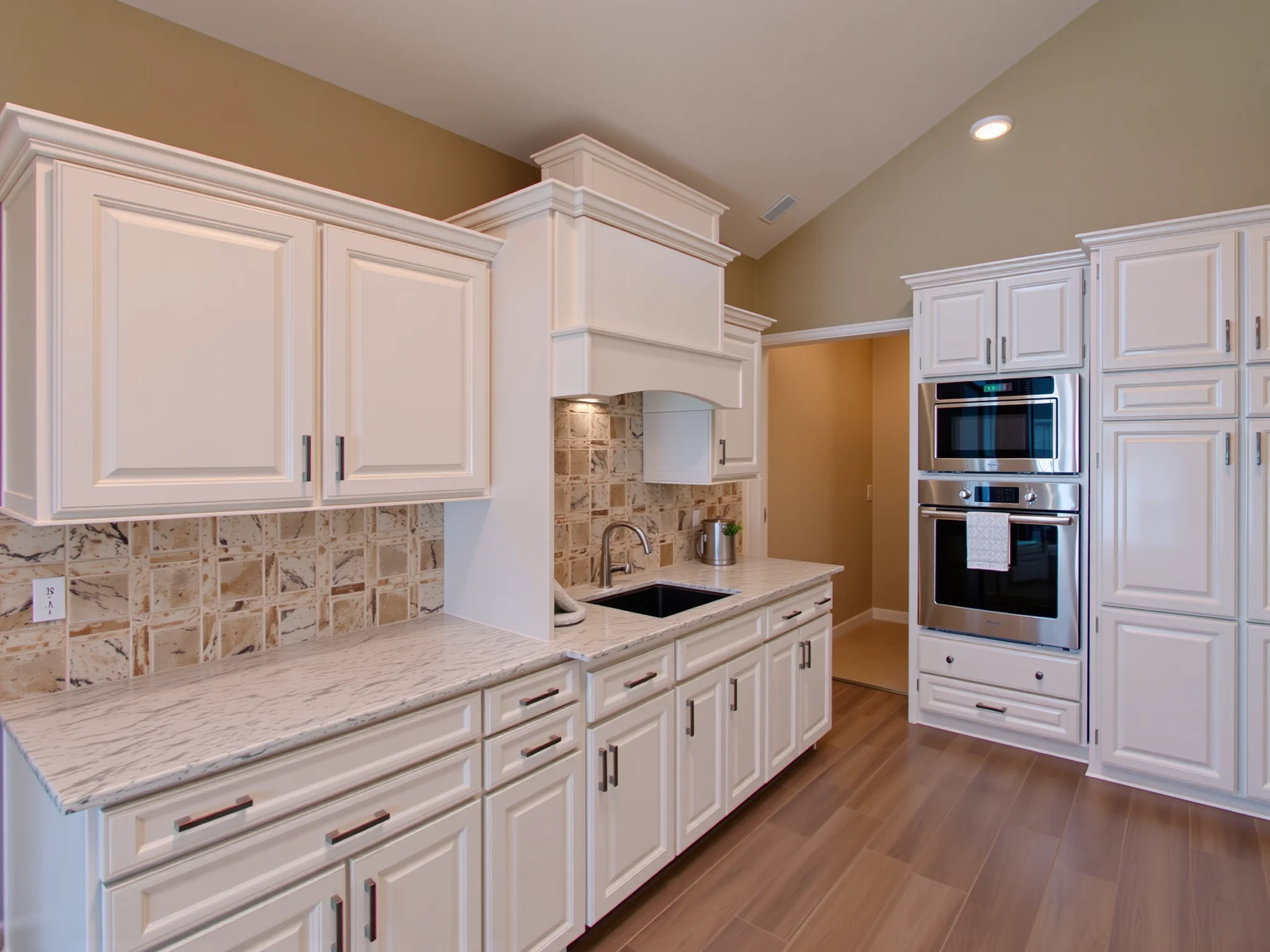
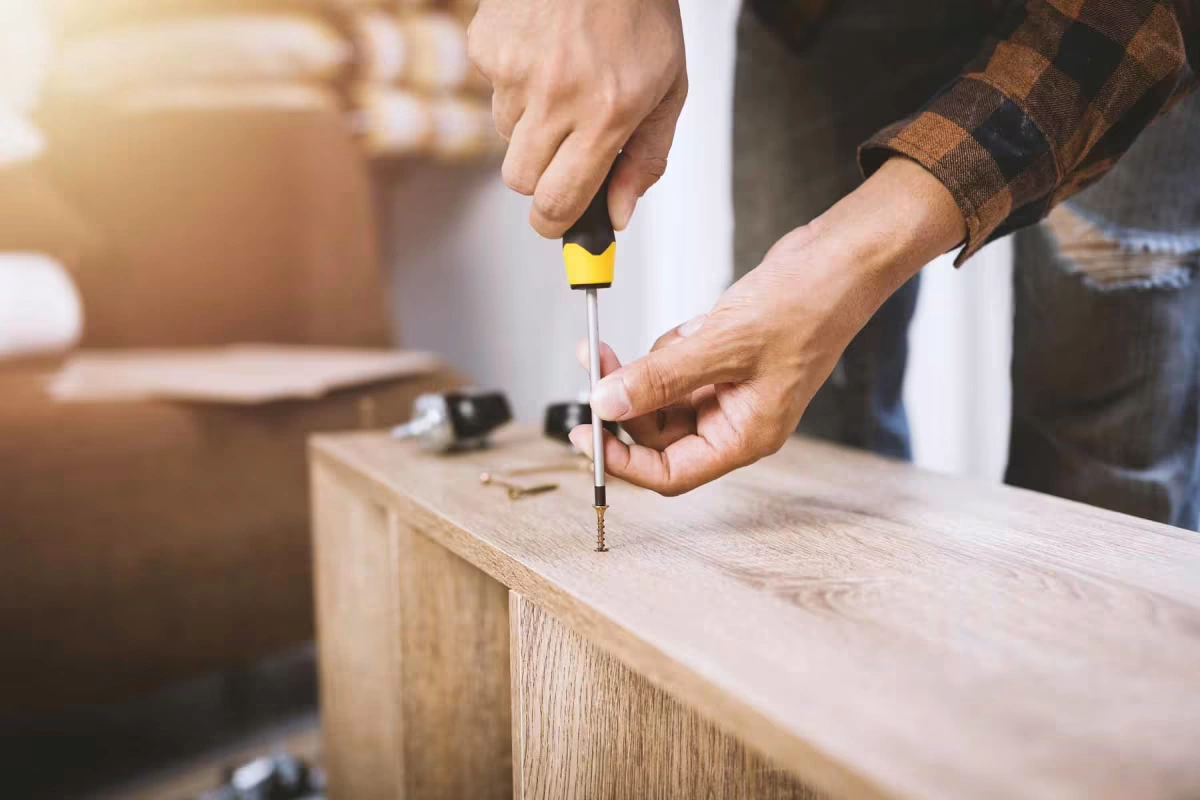
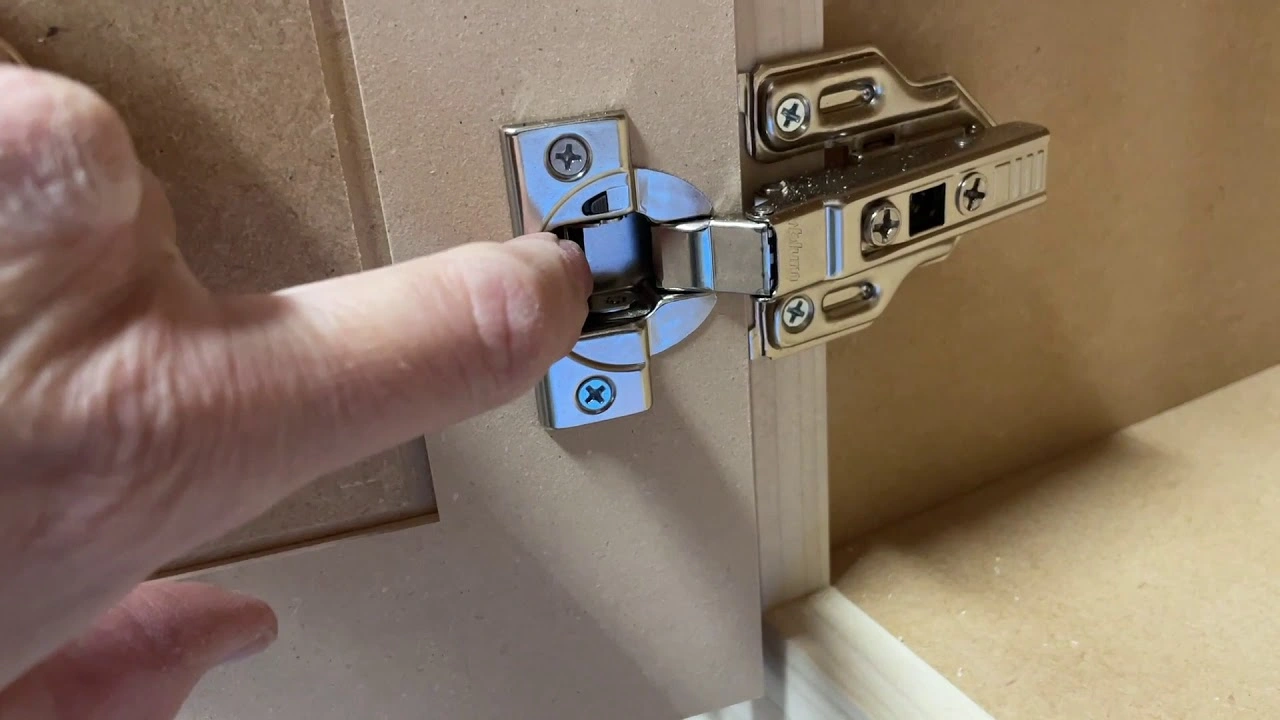
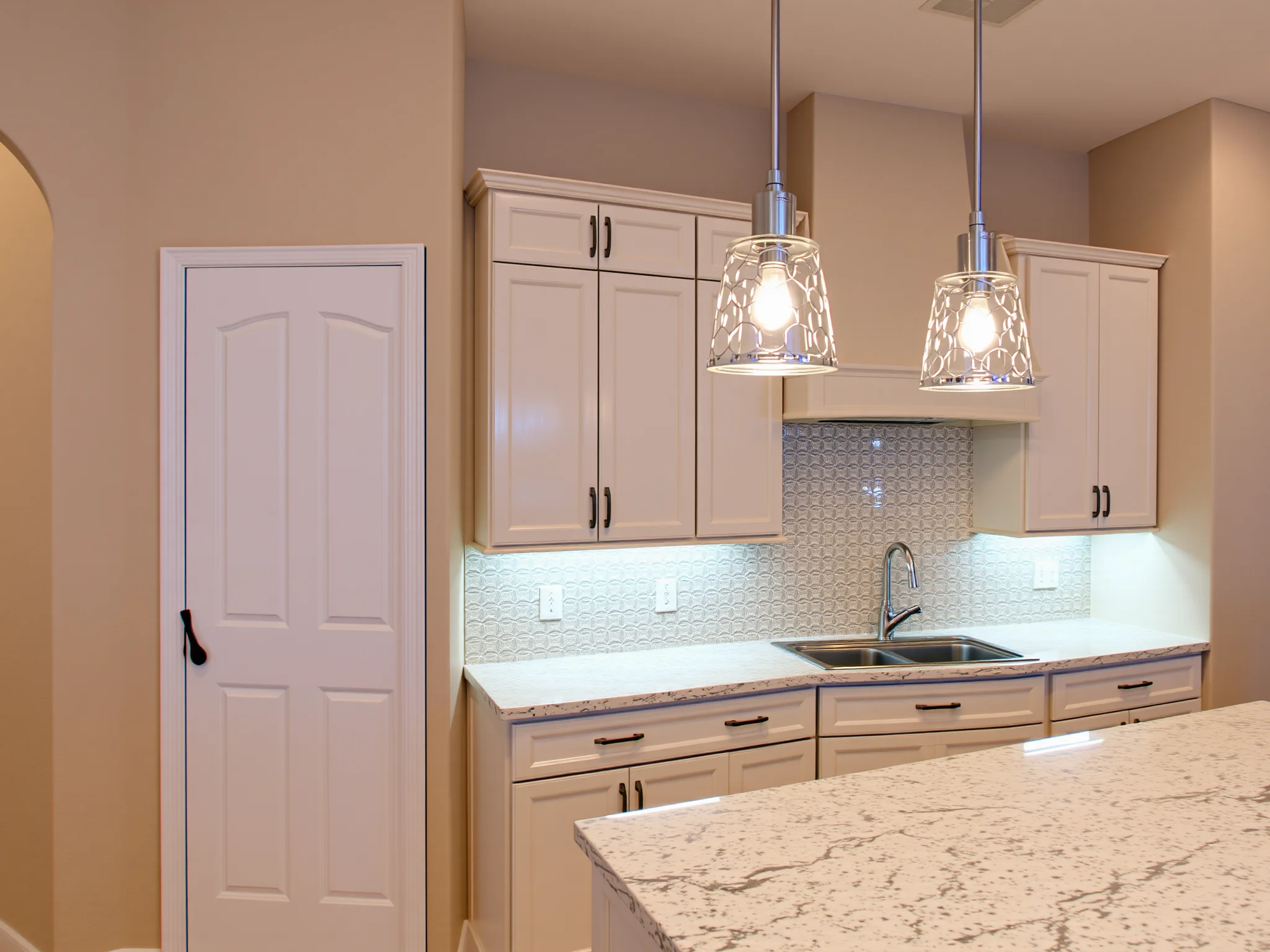
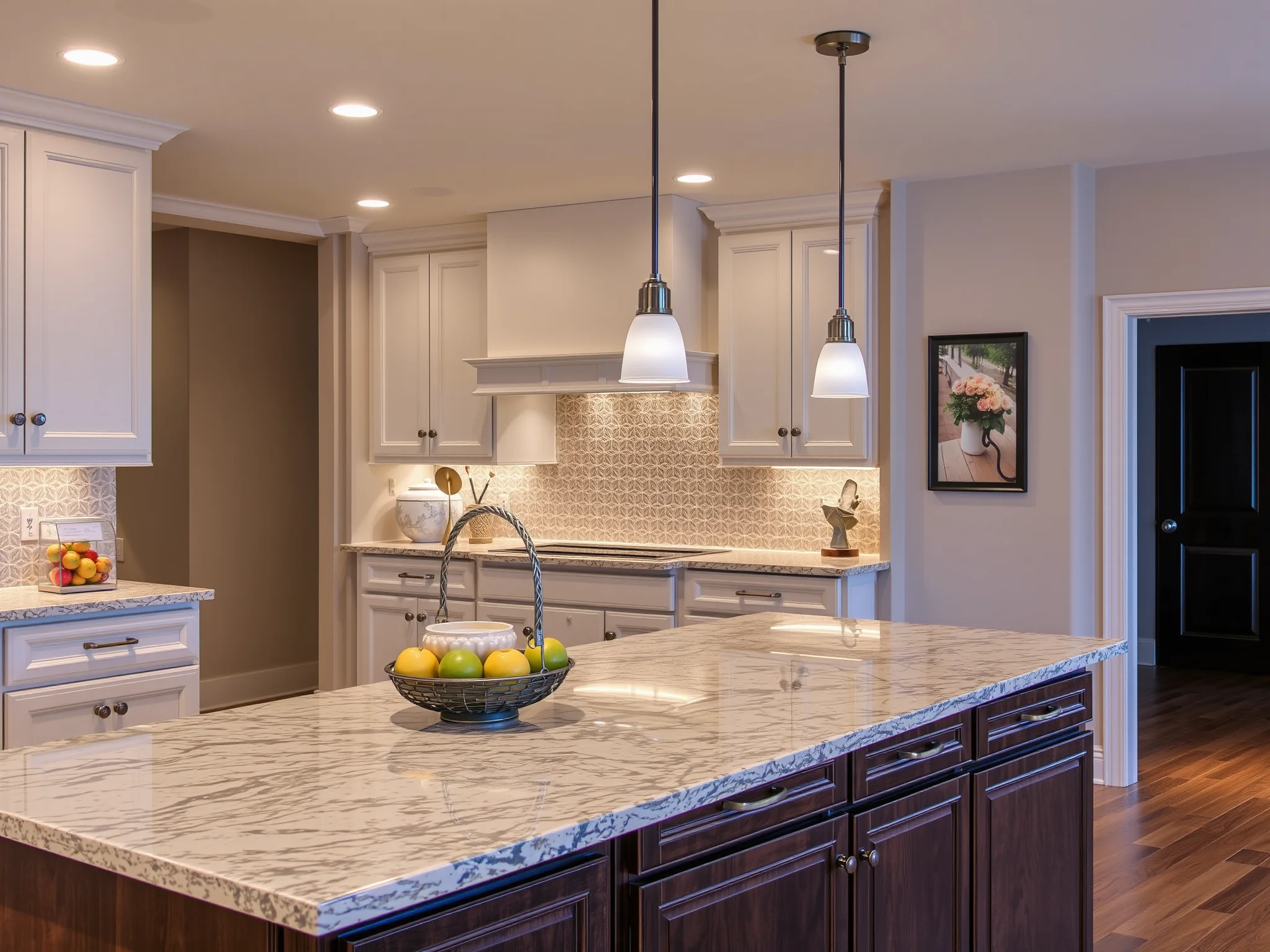
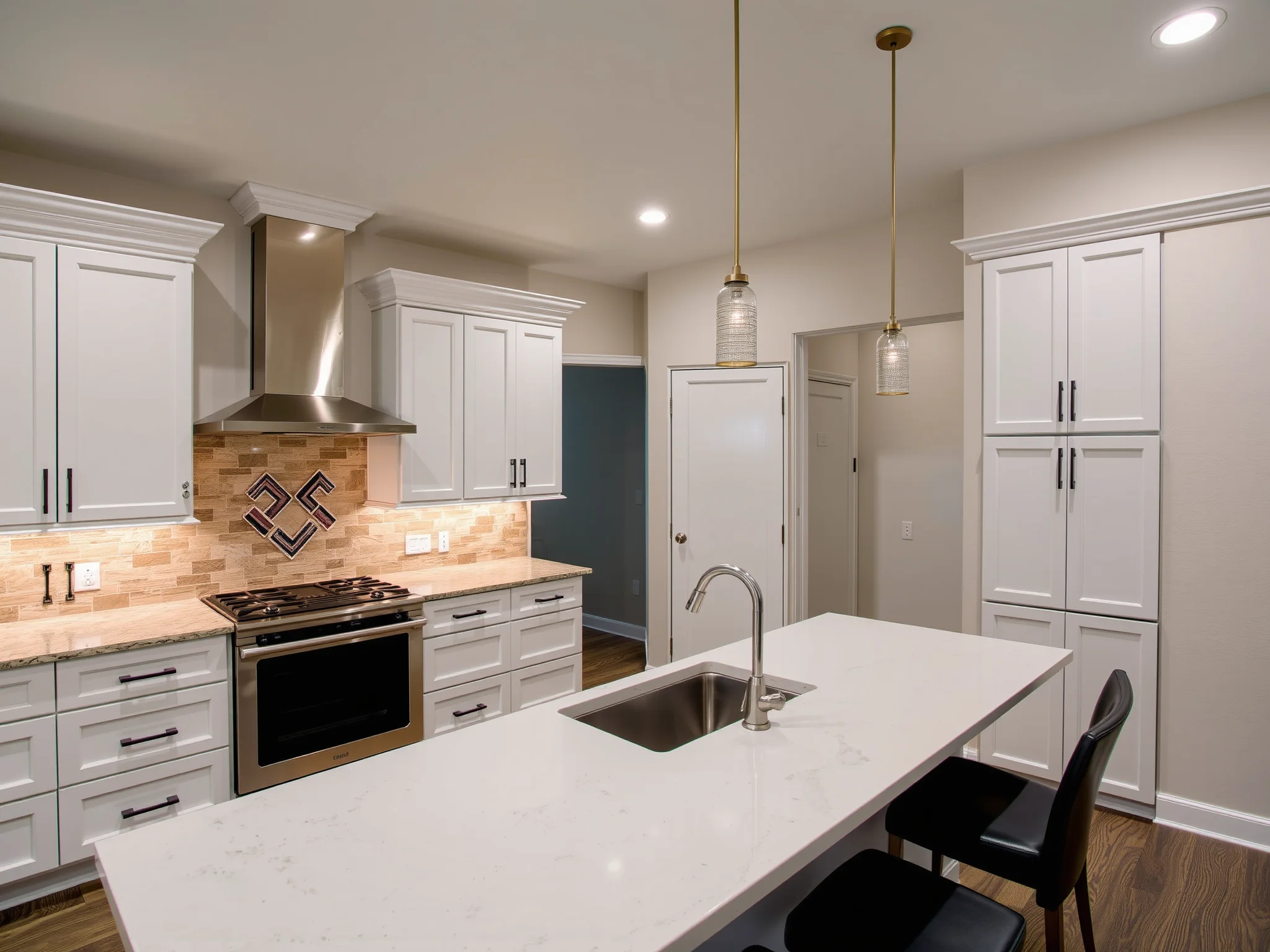
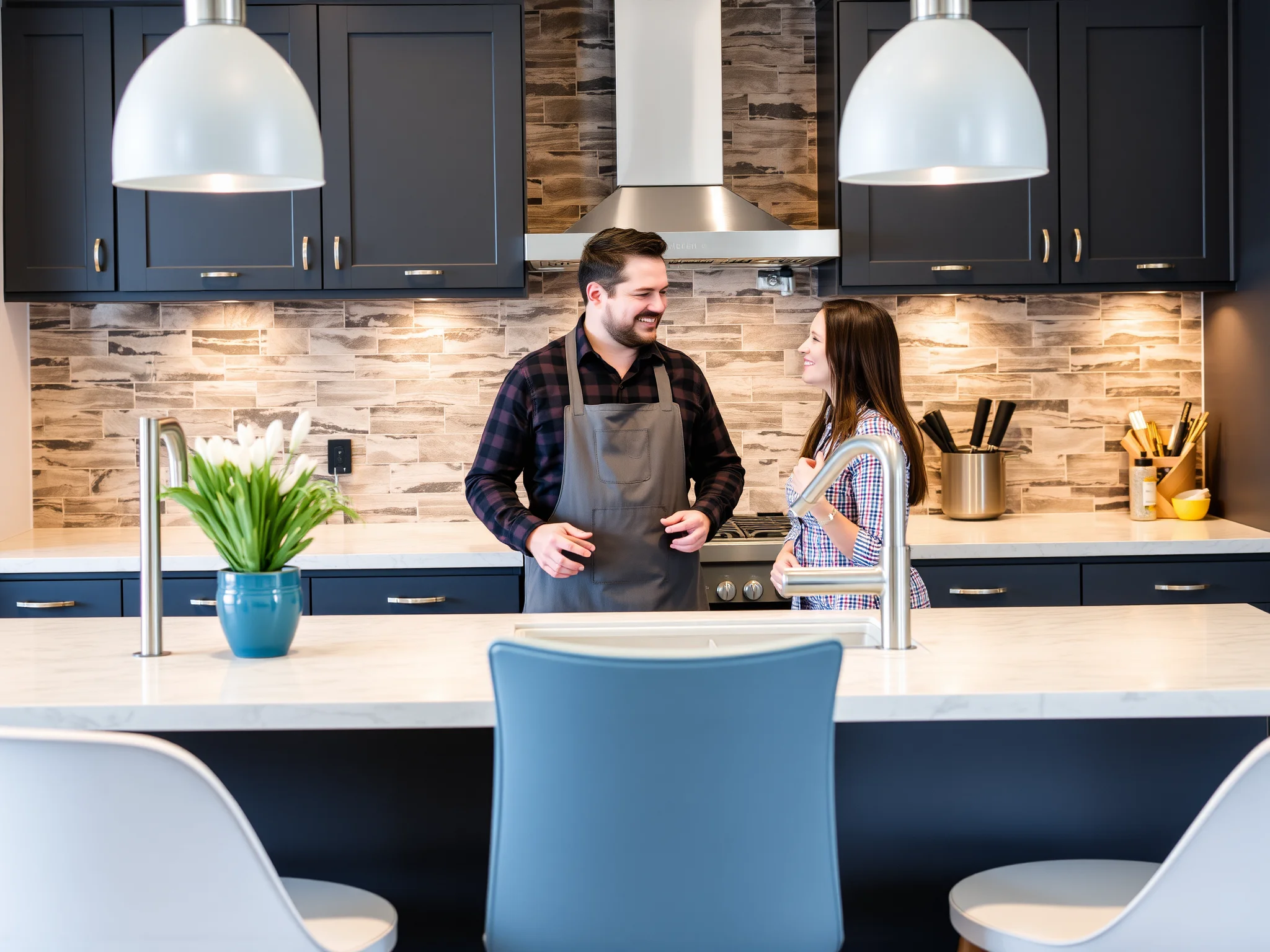
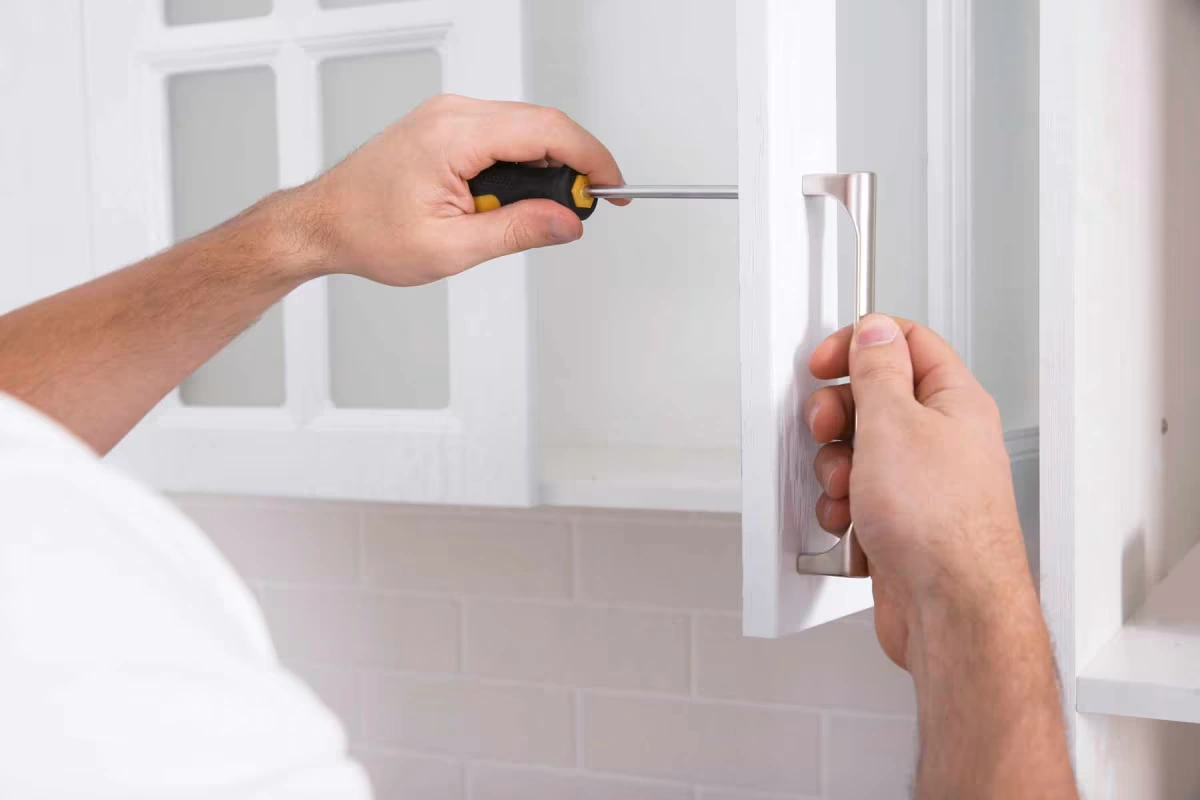
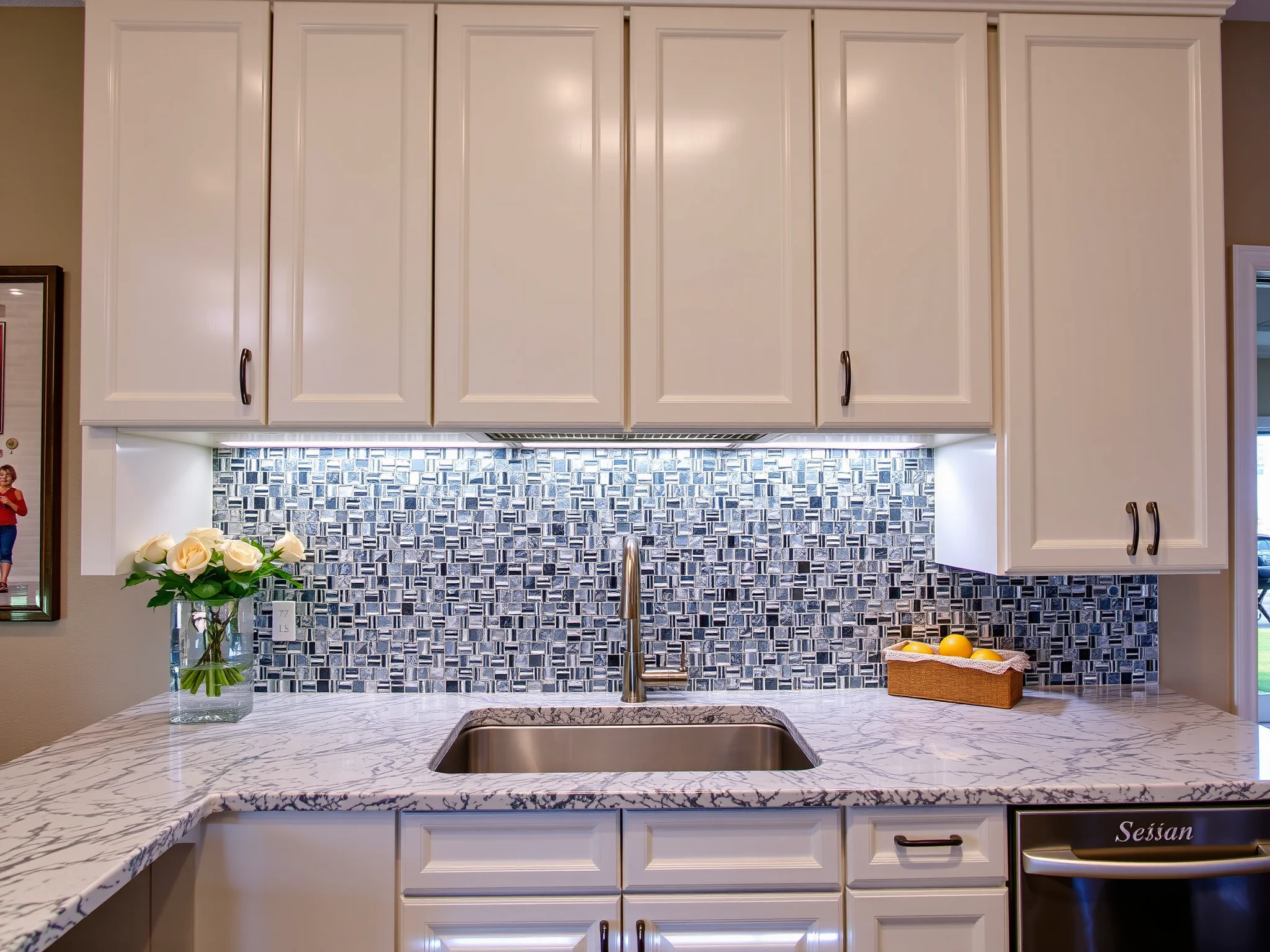
:max_bytes(150000):strip_icc()/TAL-the-star-frisco-texas-FRISCOTX0223-5fb5e2ddde5a431e8072e46cbc504b63.jpg)
